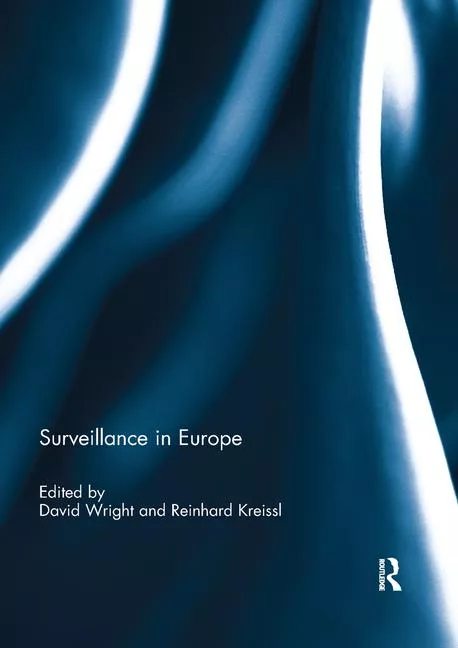Chicago Homicides Skyrocket in 2012 First Quarter
Police reported 120 homicides in Chicago from January 1 to April 1, 2012, 60 percent higher than the same period in 2011, according to an article from the Chicago Tribune.
Chicago police are blaming street gangs for much of the violence, while criminologists list the unseasonably warm weather this winter as another contributing factor, the article says. However, experts caution that concluding too much from a few months of crime statistics can be misleading, and they noted that Chicago has been at historic lows for homicides in recent years.
Police department statistics show that in 2011 and 2010, there were only 75 homicides during the first quarter. Nonfatal shootings are also climbing, totaling at almost 490 in 2012, up 37 percent from 2011. Crime in every other major category fell, however, including a 15-percent drop in sexual assaults and a 10-percent drop in burglaries, according to the Tribune. Overall crime dropped 10 percent citywide.
Chicago police Superintendent Garry McCarthy is working to combat violence in two of the city's most violent neighborhoods by saturating "conflict zones" in the Englewood and Harrison police districts with additional officers, but early results appear mixed. Homicides in Harrison fell to six, down from nine in 2011, but killings in Englewood nearly doubled, jumping from eight to 15. Nonfatal shootings rose sharply in both districts, the article reports.
During one particularly violent weekend in March, 49 people were shot – 10 of them fatally, including a 6-year-old girl sitting between her mother's legs on the family's front port in Little Village. The violence was mainly concentrated on the South and Southwest sides. At the end of March, McCarthy reshuffled his command staff, replacing commanders in five of the city's 23 districts, the Tribune says.
The chief of the department's crime control strategies, Bob Tracy, said that many retaliatory shootings among younger gang members contributed to the spike, but he insisted that having more officers on beat patrols will be more effective than specialized units such as the now-defunct Mobile Strike Force. He also claims that as long as beat cops and citywide gang units continue to work more closely with each other and share information, "I think in the long run you're going to start seeing a decline in the violence."
However, Michael Shields, the president of the Fraternal Order of Police, the union representing the rank-and-file cops, blames the rising violence on the department's failure to replace retiring officers.
"Any officer will tell you that the Chicago Police Department is short-staffed, except for the superintendent," Shields said in the Tribune article."This year's budget was balanced at the expense of public safety."
Looking for a reprint of this article?
From high-res PDFs to custom plaques, order your copy today!




